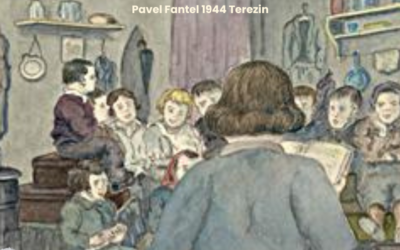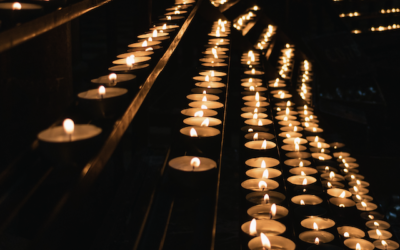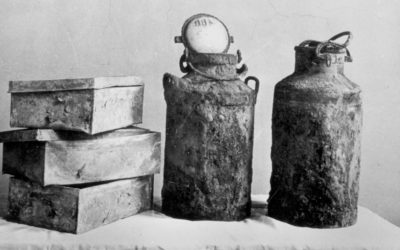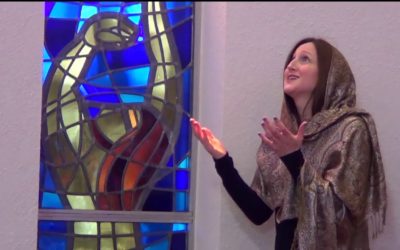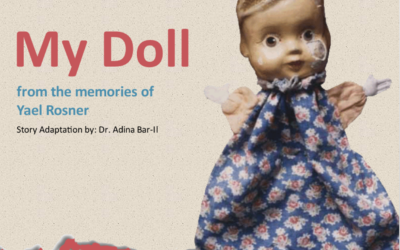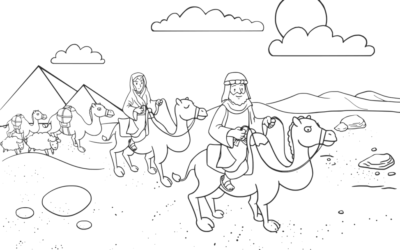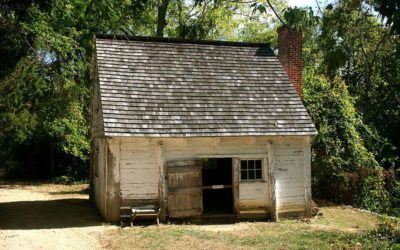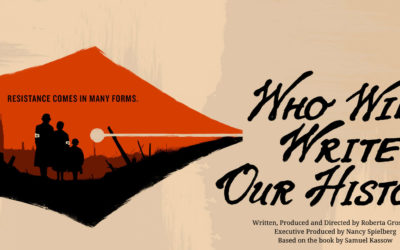Learning to be a Holocaust storyteller means learning to take a primary source such as testimony, memoir, or diary, and to retell the story told in that testimony in a compelling way. [Originally published in the Jewish Educator.]
The Devil’s Confession
Every survivor had a Holocaust of their own.” The world learned this from the testimony of survivors at the trial of Adolph Eichmann. This history is dramatically retold in The Devil’s Confession: The Lost Eichmann Tapes, a new documentary by Yariv Mozer. [Redirects to L’Chaim Magazine]
Teaching the Holocaust through Story
How do we even begin to understand the experience of the Holocaust? How do we give our students insight into something we can barely comprehend? [Redirects to the Times of Israel]
Our history can become our legacy
If the only stories we learn are Anne Frank’s and Elie Wiesel’s, then we will have a very shallow understanding of the Holocaust. There is a richness and a visceral connection to the stories of Frank and Wiesel, but these are but two among a galaxy of stories that comprise the individuals who experienced the Holocaust. [redirects to the Times of Israel]
Teaching the lessons of the Holocaust through storytelling, not allegory
Stories are the bounty of Jewish culture. The Torah builds from our origin with history and lessons for living and dying. If the Torah is a tree of life, then storytelling is its roots. We teach our values to our children through the stories of our ancestors. What, then, do we do when we need to tell stories that are difficult to hear? How do we apply our tradition of storytelling to the story of the Holocaust? [Redirects to the Times of Israel]
Lessons of the Holocaust: Lock the door or welcome the stranger?
“Why do we need to teach the Holocaust?” This week, as we mark the first yahrzeit of the eleven people murdered at the Tree of Life Synagogue in Pittsburgh, I want to explore this question from a different angle, an angle of hopeful action. [Redirects to the Times of Israel]
Can we just color camels? Do we need to teach the hard stuff?
Can’t religious school be just about coloring camels from Torah portions? Do we have to teach the hard stuff? Many religious school education directors have fielded questions along these lines from concerned parents.
In classic Jewish fashion, the best answer is another question: How do we want our children to learn about the Holocaust? [redirects to the Times of Israel]
The fragile window is closing: Now WE must tell their stories
“Why do we need to teach this at all?” The Holocaust, she meant. Why do we need to teach the Holocaust in our religious school? [Redirects to the Times of Israel.]
Changing the narrative on slavery in America
If we are honest with ourselves, we have to admit that the story of slavery in America is often told by the perpetrators. Isn’t it time we started to listen to the voices of the victims? [redirects to the Times of Israel]
Who will write our history?
It distresses me how long it has taken for us to realize what Emanuel Ringelblum recognized in 1940 at the very inception of the Warsaw ghetto: unless we Jews tell our story, the story of the Holocaust will be told by the perpetrators. In the experiences of many of us, the story of the Holocaust has been dominated by Nazi propaganda and Nazi thinking. [redirects to the Times of Israel.]
